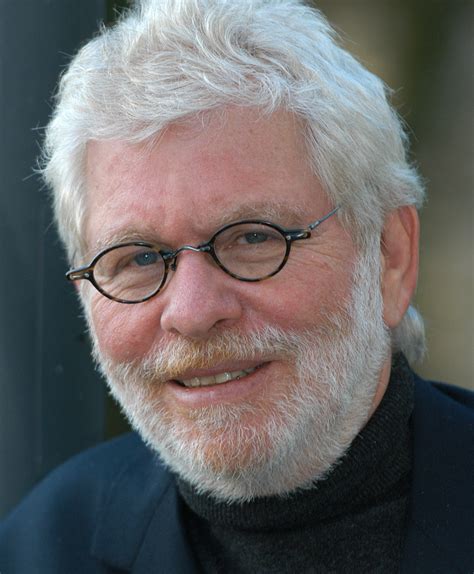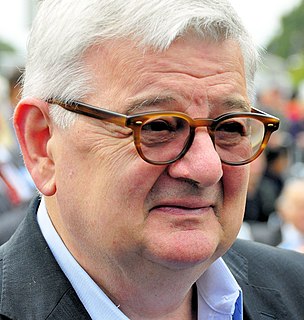A Quote by Tom Hodgkinson
I love the 19th-century idea of the flaneur, the poet wandering through the streets.
Related Quotes
I was really interested in 20th century communalism and alternative communities, the boom of communes in the 60s and 70s. That led me back to the 19th century. I was shocked to find what I would describe as far more utopian ideas in the 19th century than in the 20th century. Not only were the ideas so extreme, but surprising people were adopting them.
Crazy isn´t always what they say it is. It´s not always the old woman wearing sneakers and a skirt and a scarf, wandering around with a shopping cart, hollering at no one, nothing, tumbling through years in her head. No. Sometimes it is a girl wearing boots and jeans and a sweater, arms crossed in front of her, shivering, wandering through the streets at night, all night, murmuring to no one, nothing, tumbling through the strange unreal dimensions in her head.
There is not one particular moment that can account for the shift from the social issue concerns of 19th-century evangelicals into the state of American evangelicalism today. Some historical moments are telling. The rise of biblical criticism in the 19th century forced evangelicals to make choices about what they believed about the gospel.






































